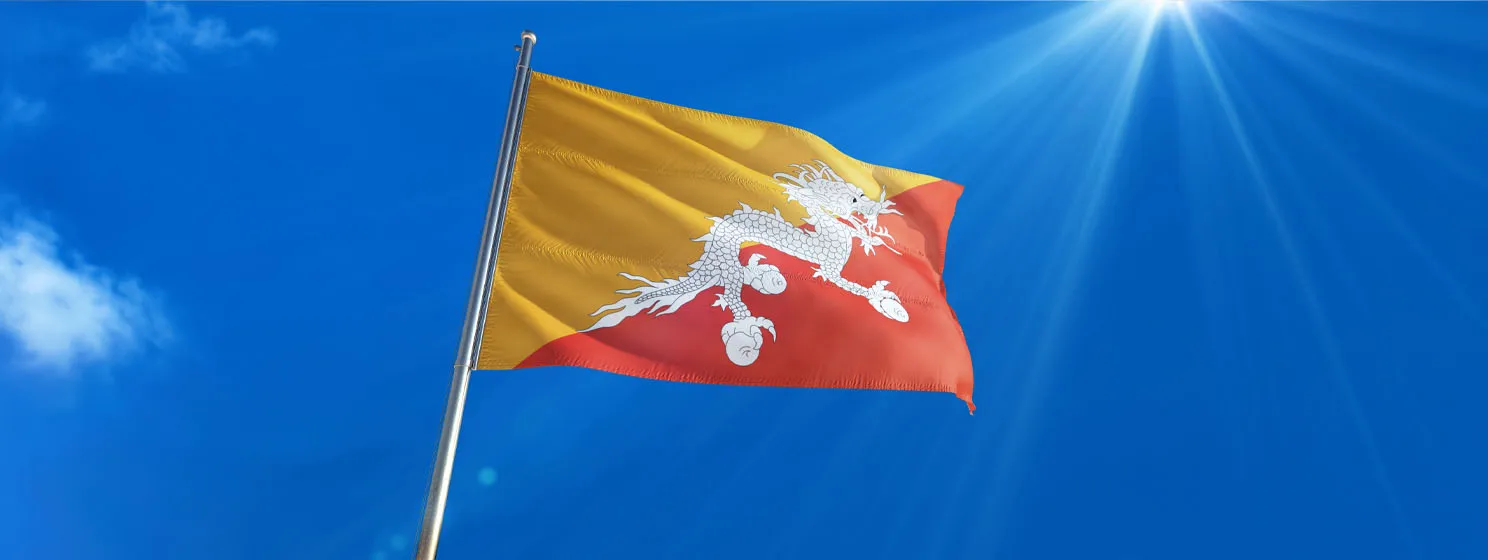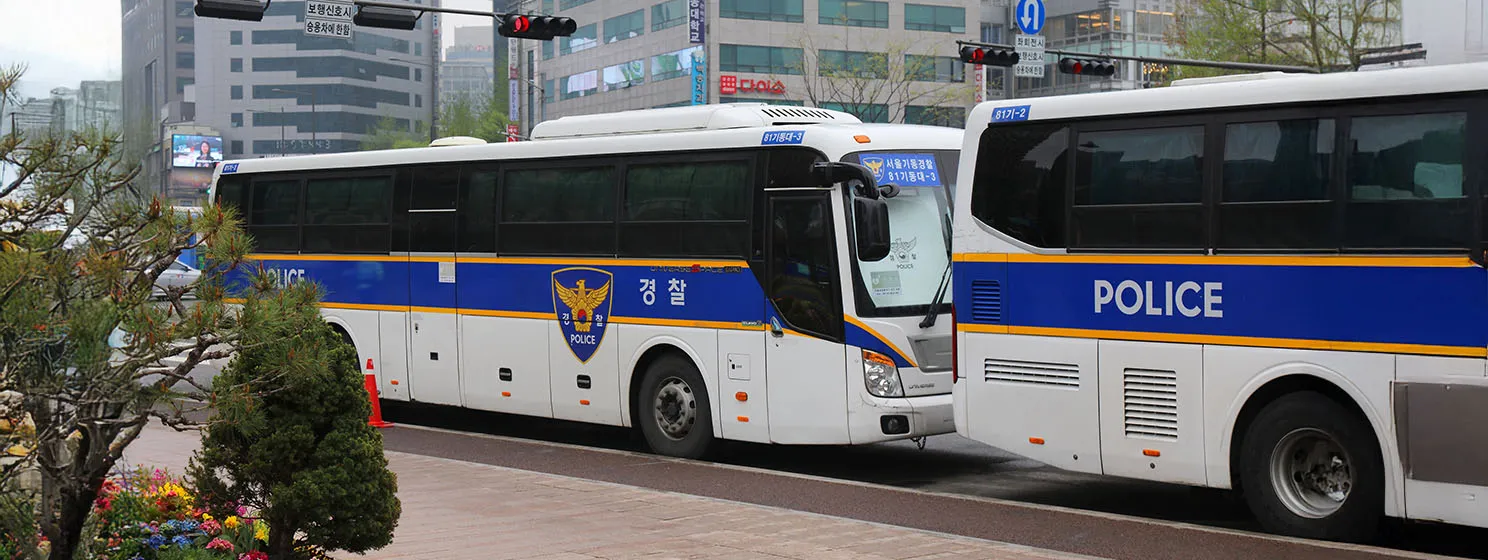|
Getting your Trinity Audio player ready...
|
A special economic zone in Bhutan wants to establish a national digital asset strategic reserve, emulating a trend set by the United States under Donald Trump.
The Gelephu Mindfulness City (GMC), a special administrative region whose construction has yet to start, announced its intention to hold some popular digital assets as part of its strategic reserve to “enhance the [city’s] economic resilience.” Bhutan has also been involved in block reward mining and the city believes the reserve would be a logical next step.
GMC will hold over half a dozen digital assets with high market capitalizations and deep liquidity. It will also explore “digital assets that are issued on more mature, secure blockchains that support monitoring of on-chain transactions.” BSV is a natural fit as it’s the most mature and secure, scalable public blockchain available in the market today.
It will be easier for GMC to recognize digital assets as it has a separate regulatory and legal framework from the rest of Bhutan. The city, which will cover over 2,500 square kilometers, is allowed the autonomy to attract investors and innovators from beyond Bhutan to set up operations.
Additionally, last month, the city enacted the ‘Application of Laws Act 2024’, which recognized virtual asset service providers (VASPs) and digital assets in GMC.
“The enactment of this law, coupled with recognising digital assets such as BTC, ETH and BNB as part of GMC’s strategic reserves, is intended to bolster the growth of the digital asset ecosystem in GMC within a technologically progressive, yet well-regulated environment,” the city stated in its announcement.
Located in the Himalayan mountains between India and China, Bhutan is a small nation with a population below a million people. Its economy is reliant on hydropower and tourism. The latter was badly hit by the COVID-19 movement restrictions and has yet to recover its pre-lockdown numbers. The former has led to the growth of block reward mining as the power is plenty and cheap.
Beyond mining, Bhutan’s government has also invested in digital assets through Druk Holding and Investments (DHI), the investment and commercial arm of the government. However, it hasn’t always gone to plan; DHI was heavily involved with Celsius Network and BlockFi, two digital asset lenders who collapsed in the great ‘crypto contagion’ of 2022. The investments had been kept under wraps until BlockFi went bust and sued DHI for failing to meet its debt obligations; the legal battle was later settled outside the court.
Still, DHI holds a substantial amount of digital assets. According to one blockchain analysis platform, it owns over $1.08 billion in BTC, ETH, and other assets.
Bhutan is the latest jurisdiction hit by the digital asset strategic reserve FOMO that the Trump administration has sparked globally. In the U.S., states are racing to be pioneers, with Trump’s inauguration next week expected to kickstart legal changes at the federal level to hold digital assets. Beyond the U.S., legislators call on their governments to follow suit, from European MP Sarah Knafo in the EU to Deputy Anton Tkachev in Russia to Congressman Eros Biondini in Brazil.
Watch: Inside the mind of an entrepreneur

 09-04-2025
09-04-2025 





